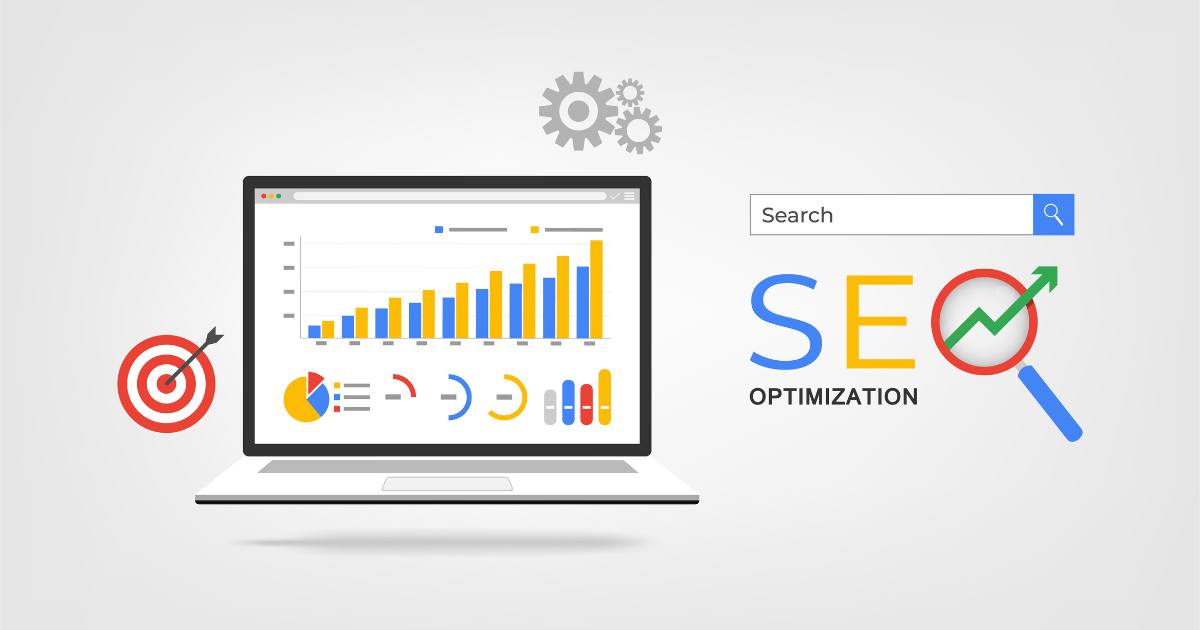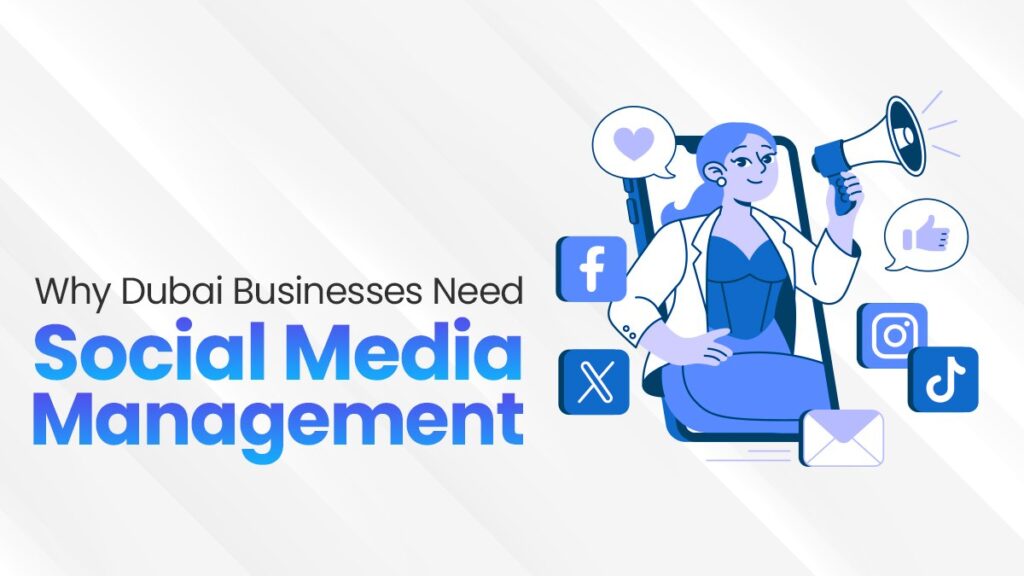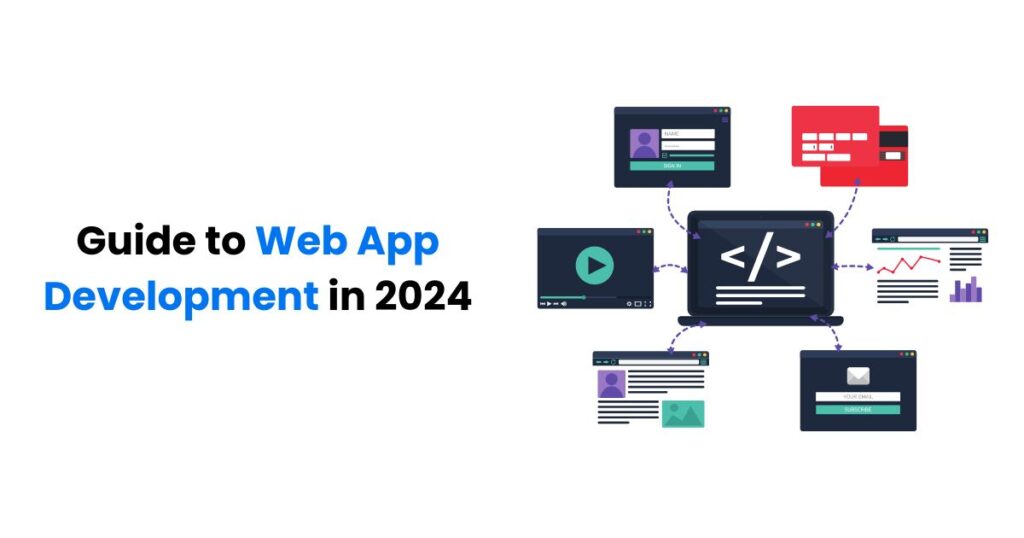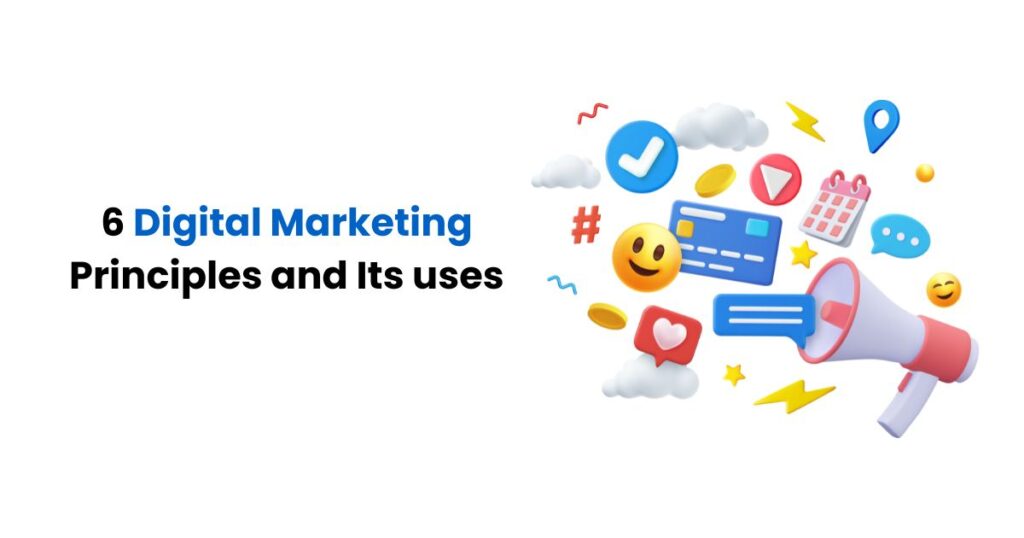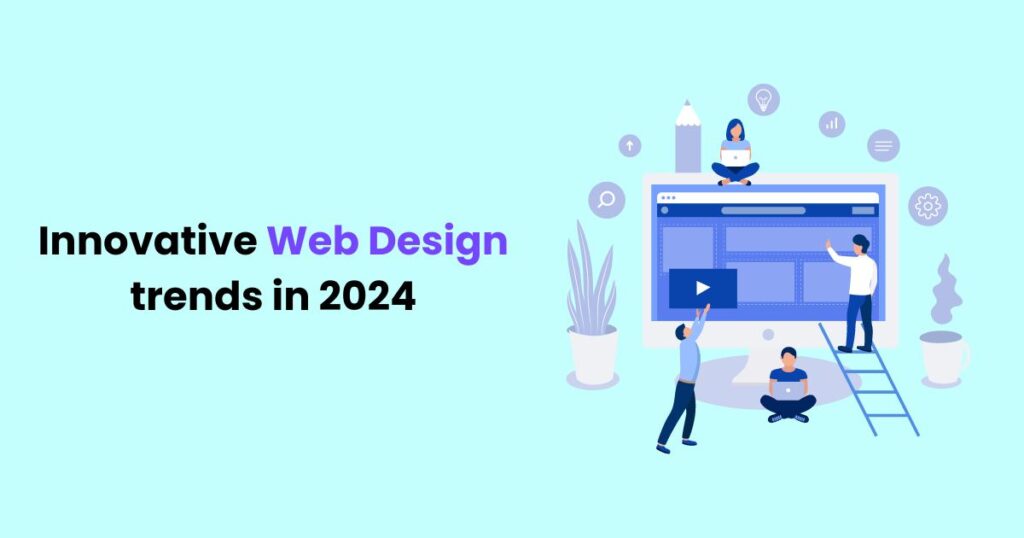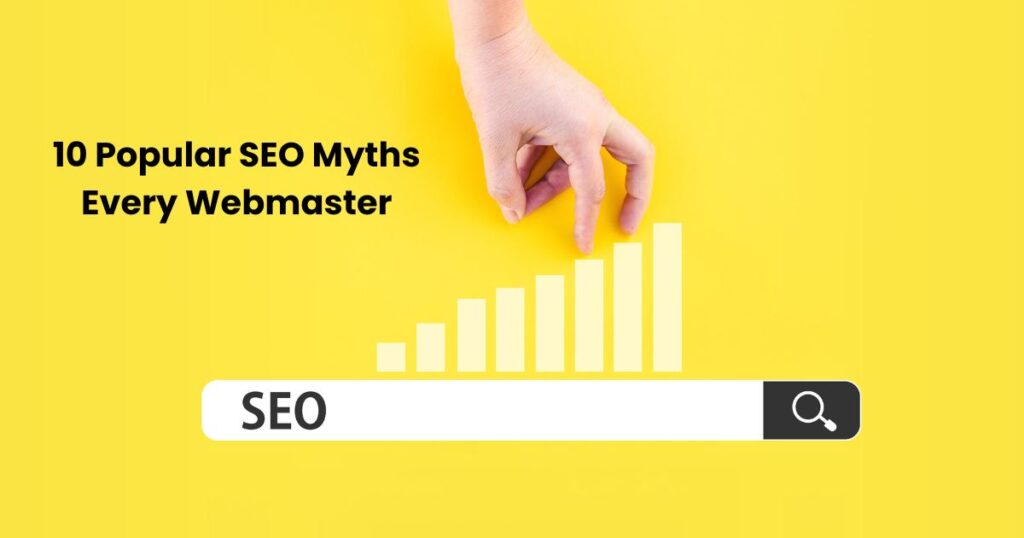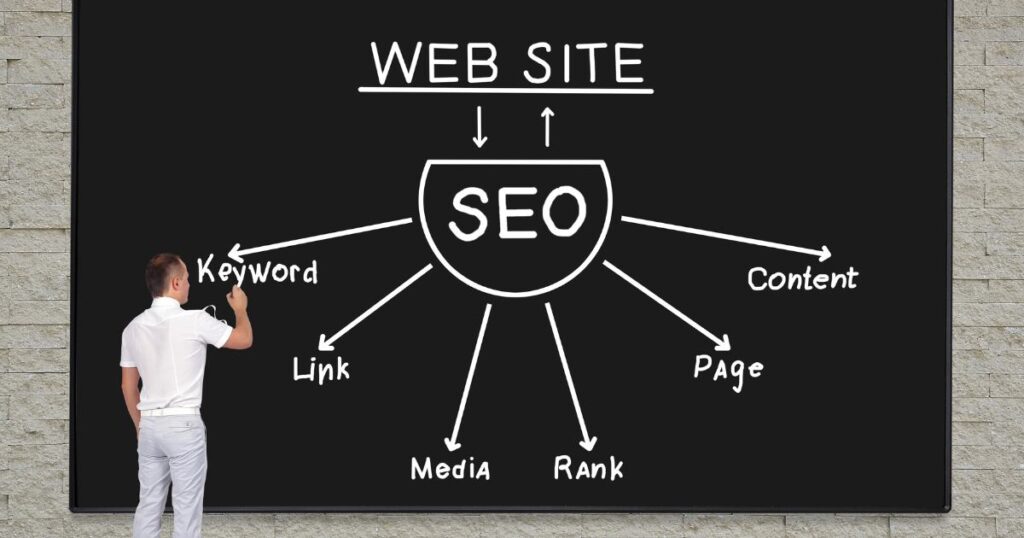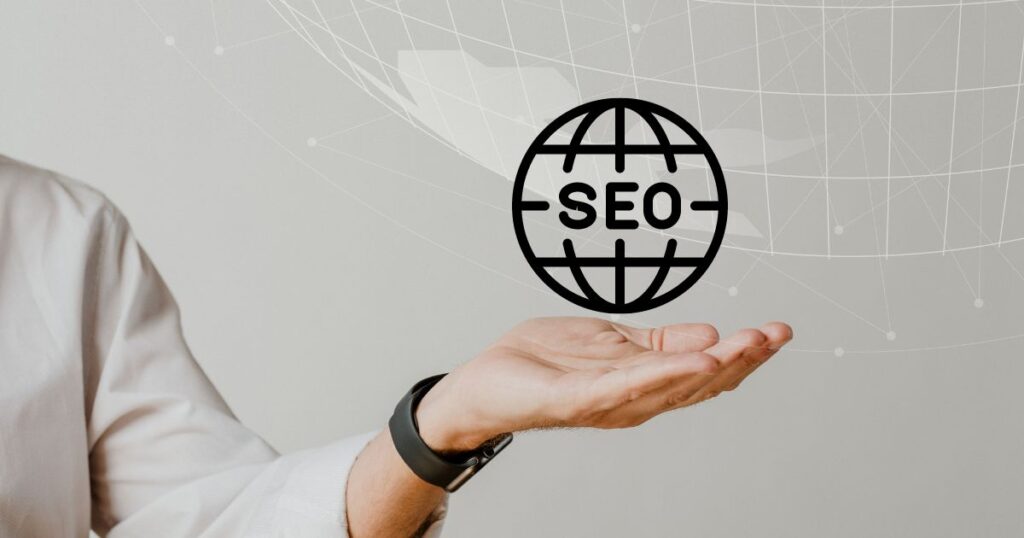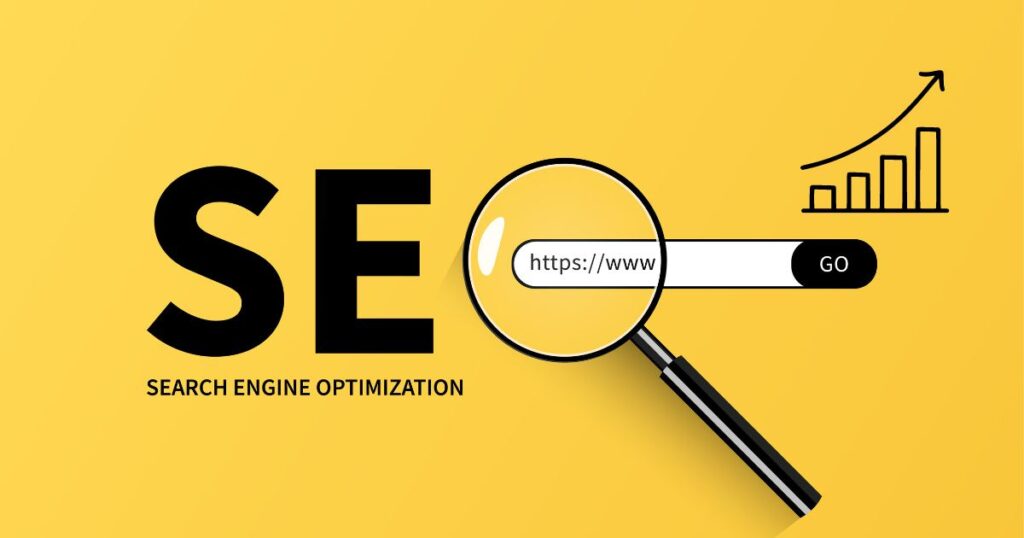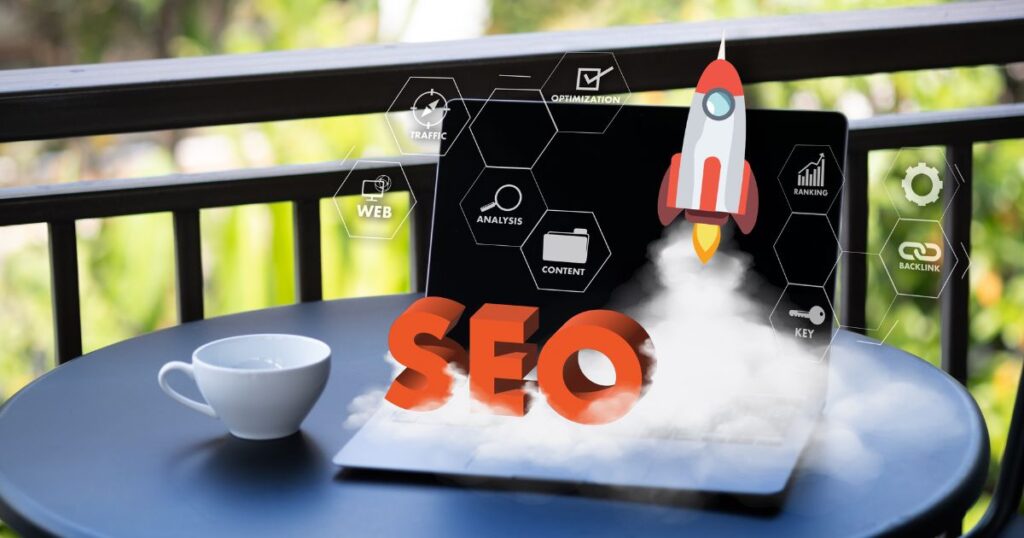SEO vs. PPC
In the ever-evolving landscape of digital marketing, the battle between SEO (Search Engine Optimization) and PPC (Pay-Per-Click) often takes center stage. Both are integral components of a comprehensive digital marketing strategy, but the question persists: which one matters more? In this article, we delve into the world of SEO and PPC, exploring their respective advantages and why, for many businesses, expert SEO services are taking the lead.
Understanding Digital Marketing Services

Before we dive into the SEO vs. PPC debate, it’s essential to understand the roles of these digital marketing services.
PPC Management: Pay-per-click is an advertising model where businesses pay a fee each time their ad is clicked. It’s a quick way to drive traffic to your website, and it allows you to control your ad placements, targeting, and budget. PPC ads are prominently featured at the top of search engine results pages (SERPs) and across various online platforms.
SEO Services: Search Engine Optimization involves optimizing your website to rank organically in search engine results. This means that when users enter specific keywords or phrases, your website appears as a relevant and trusted source of information. SEO involves on-page optimizations, content creation, backlink building, and technical improvements to enhance a website’s visibility and authority.
The SEO Advantage: Why It Matters More

Now, let’s explore the reasons why SEO tends to take precedence over PPC for many businesses:
Cost-Effective Long-Term Strategy
PPC can be an expensive endeavor, especially in highly competitive niches. Every click comes at a cost, and the expenses can quickly add up. In contrast, SEO is a cost-effective long-term strategy. Once your website ranks well for relevant keywords, you can enjoy a steady stream of organic traffic without incurring per-click costs.
Credibility and Trust

Websites that rank high in organic search results are often perceived as more credible and trustworthy by users. SEO allows your business to build authority and trust over time, as opposed to PPC, where users may be skeptical of paid ads.
Sustainable Results
PPC is immediate and can drive traffic to your site within hours. However, the moment you stop funding your PPC campaign, the traffic stops as well. In contrast, SEO efforts continue to yield results even after you’ve completed your SEO campaign. It’s an investment in the long-term visibility and sustainability of your website.
Better Click-Through Rates
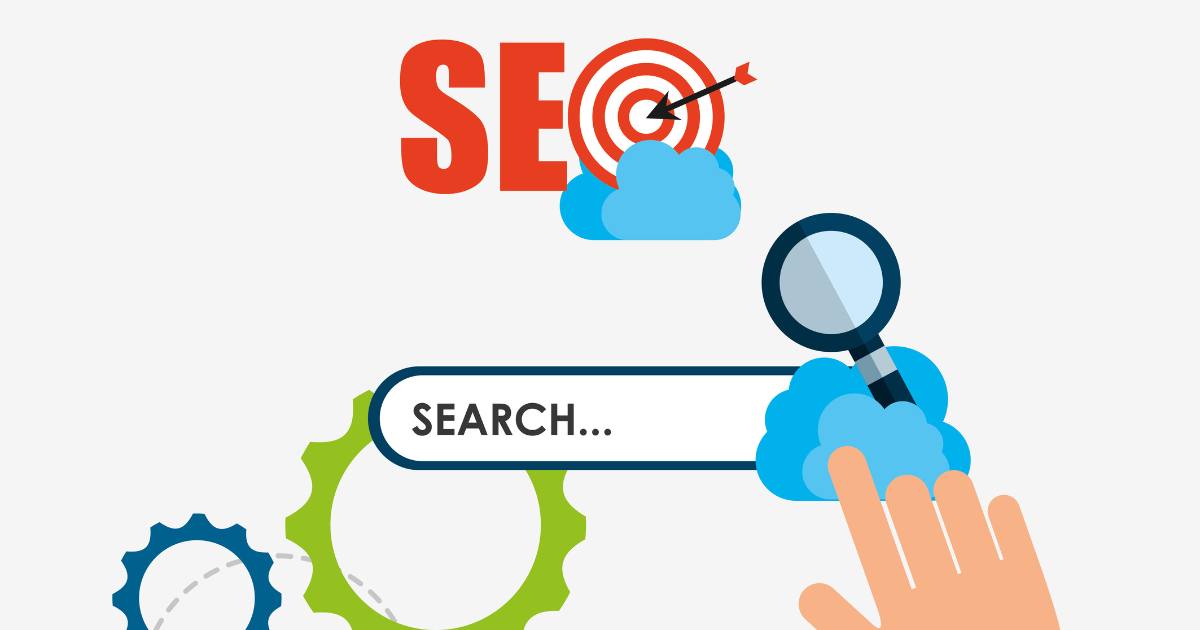
Studies have shown that organic search results receive more clicks than paid advertisements. Users are more likely to click on the top-ranking organic results, which is where effective SEO can place your website.
Enhanced User Experience
A significant part of SEO involves improving the user experience on your website. A well-optimized site is more likely to keep users engaged, reduce bounce rates, and encourage them to explore more of your content. A better user experience can lead to higher conversions.
Broader Reach and Targeting

While PPC allows you to target specific demographics and keywords, SEO has a broader reach. With SEO, your website can rank for a wide range of keywords and phrases, capturing the attention of a more diverse audience.
Evolving Algorithms Favor SEO
Search engine algorithms are continually evolving to prioritize user experience and content quality. Google, for example, places a significant emphasis on E-A-T (Expertise, Authoritativeness, Trustworthiness) in its rankings. This focus on quality content and user satisfaction aligns well with SEO principles.
Competitive Advantage

With the majority of businesses investing in PPC, competition can be fierce and costly. SEO offers a competitive advantage because it can help you rank higher without the need to outbid competitors. It’s a more level playing field that rewards expertise and optimization.
Stronger Brand Visibility
Having multiple pages from your website appear in organic search results can significantly enhance your brand’s visibility. PPC may give you a top spot temporarily, but it doesn’t provide the same long-lasting brand recognition.
Local SEO for Small Businesses

For small businesses and local establishments, local SEO is especially crucial. Local SEO services can help your business be found by potential customers in your area, making it easier to attract foot traffic and generate leads.
Balancing SEO and PPC
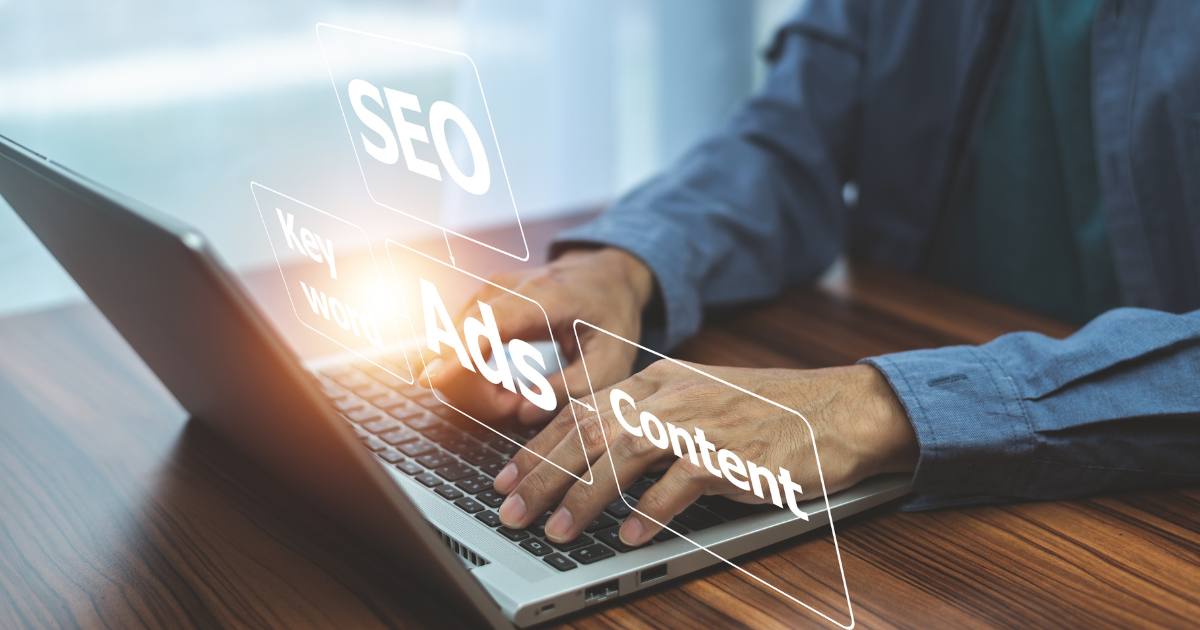
While SEO has numerous advantages, it’s essential to note that PPC also has its merits. For some businesses, a combination of both SEO and PPC can be the most effective strategy. Here’s how to find the right balance:
Keyword Research: Use keyword research to identify which keywords are best suited for SEO and which ones may work better for PPC.
Conversion Goals: Assess your conversion goals. PPC may be more suitable for short-term goals, while SEO should be a long-term strategy.
Budget Allocation: Allocate your budget strategically. Use PPC for immediate results, and invest in SEO for long-term growth.
Content Strategy: Use SEO to create high-quality, relevant content that can improve your organic rankings. PPC can drive traffic to landing pages optimized for conversions.
Analyze and Adjust: Continually analyze the performance of both SEO and PPC campaigns and adjust your strategies as needed.
Conclusion
In the SEO vs. PPC debate, the answer isn’t one-size-fits-all. Both have their strengths, and their effectiveness depends on your business’s goals, budget, and target audience. However, the long-term, cost-effective, and credibility-building advantages of SEO often make it a critical cornerstone of any successful digital marketing strategy. By investing in expert SEO services, you’re investing in the sustainable growth and visibility of your online presence, ensuring that your website continues to thrive in the competitive digital landscape.

